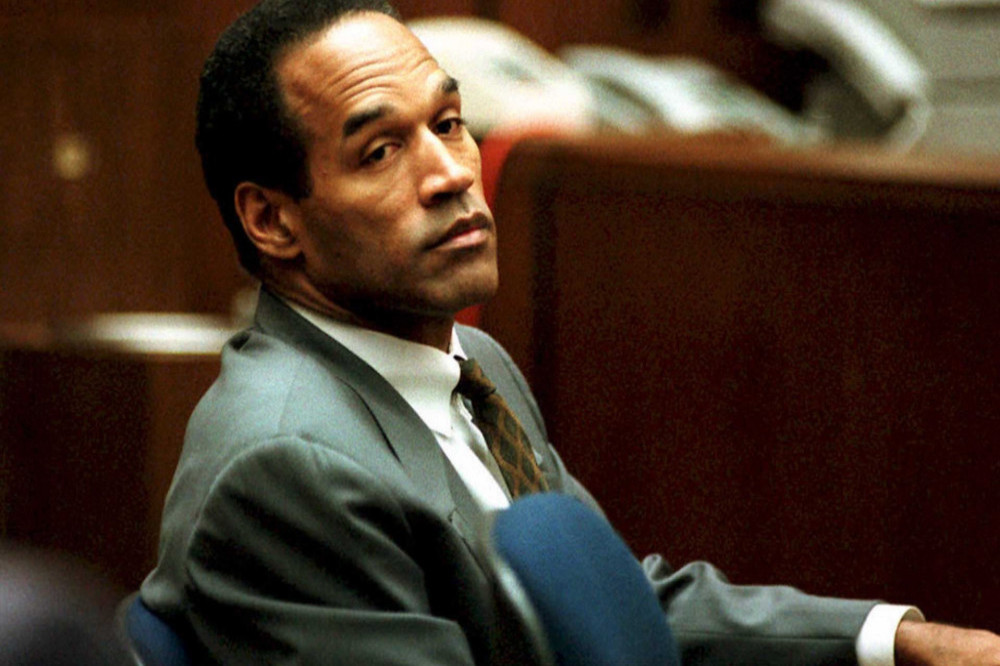OJ Simpson’s infamous memoir title was changed by Ron Goldman’s family to make it look as if he was admitting to his murder.

OJ Simpson’s infamous memoir title was changed by Ron Goldman’s family to make it look as if he was admitting to his murder
The late acquitted double-murder suspect, who died aged 76 from prostate cancer on Wednesday (10.04.24), shockingly published a book after he was cleared of butchering his ex-wife Nicole, 35, and her 25-year-old friend Ron in 1994 – which he titled: ‘If I Did It’.
At the time, he was accused of trying to cash in on the horrific crimes Nicole and Ron’s families said they were convinced he committed despite him being cleared of the murders after his 11-month ‘Trial of the Century’ in 1994 and ’95.
Simpson was cleared in the criminal case, but Ron’s devastated family got a minor revenge on the former NFL player when they went on to be handed the rights to the memoir by a Florida bankruptcy court after a civil trial found Simpson liable for the deaths of Nicole and Ron.
It was part of the $33.5 million wrongful death settlement against Simpson and the Goldman family re-released the book under the new title: ‘If I Did It: Confessions of the Killer’, with the ‘If’ in a different font to make it seem as if it was an admission of guilt by Simpson.
The Goldmans said a portion of the proceeds would go to the non-profit Ron Goldman Foundation for Justice they set up in the wake of his murder.
It’s still going, and says it “wishes to empower, inspire, motivate, and assist those people who are victims of crime”.
Simpson worked with a ghostwriter on ‘If I Did It’ and before the rights to the book were handed over to the Goldman family in his civil trial, Fox News were planning to air a two-part interview on the memoir.
The book reached No 2 on The New York Times bestseller list after its publication, and Ron’s sister Kim said at the time she wasn’t surprised about the book being successful because “people have a morbid curiosity” about the murders of her brother and Nicole.
Simpson was cleared in his criminal trial after paying a rumoured $50,000 a day to his nine-strong team of top defense attorneys who were dubbed his ‘Dream Team’.
He was able to fund them by signing and selling sports memorabilia and photographs while behind bars, and once admitted he thought he would have stood “no chance” in the trial if he wasn’t rich and famous.

